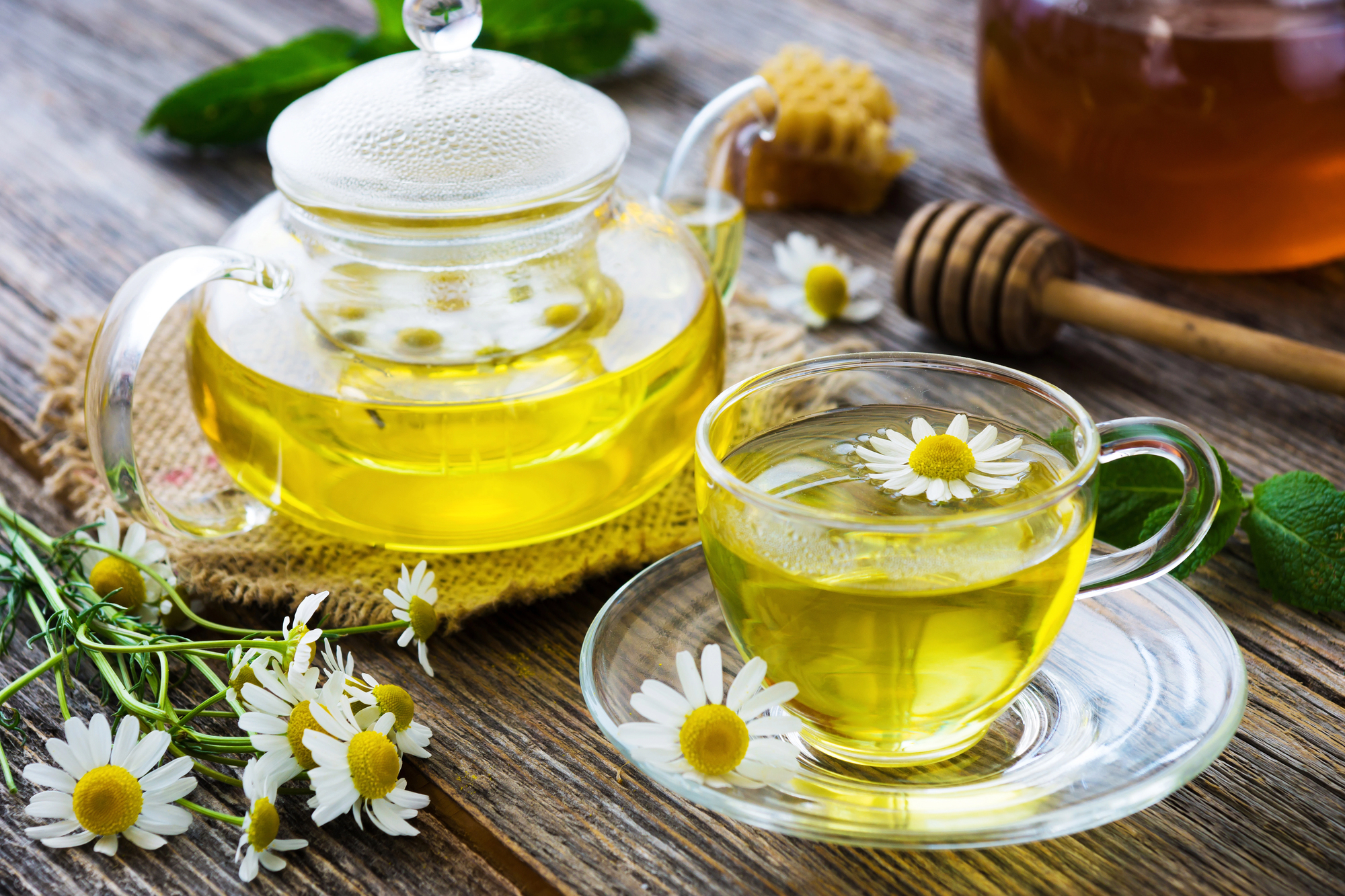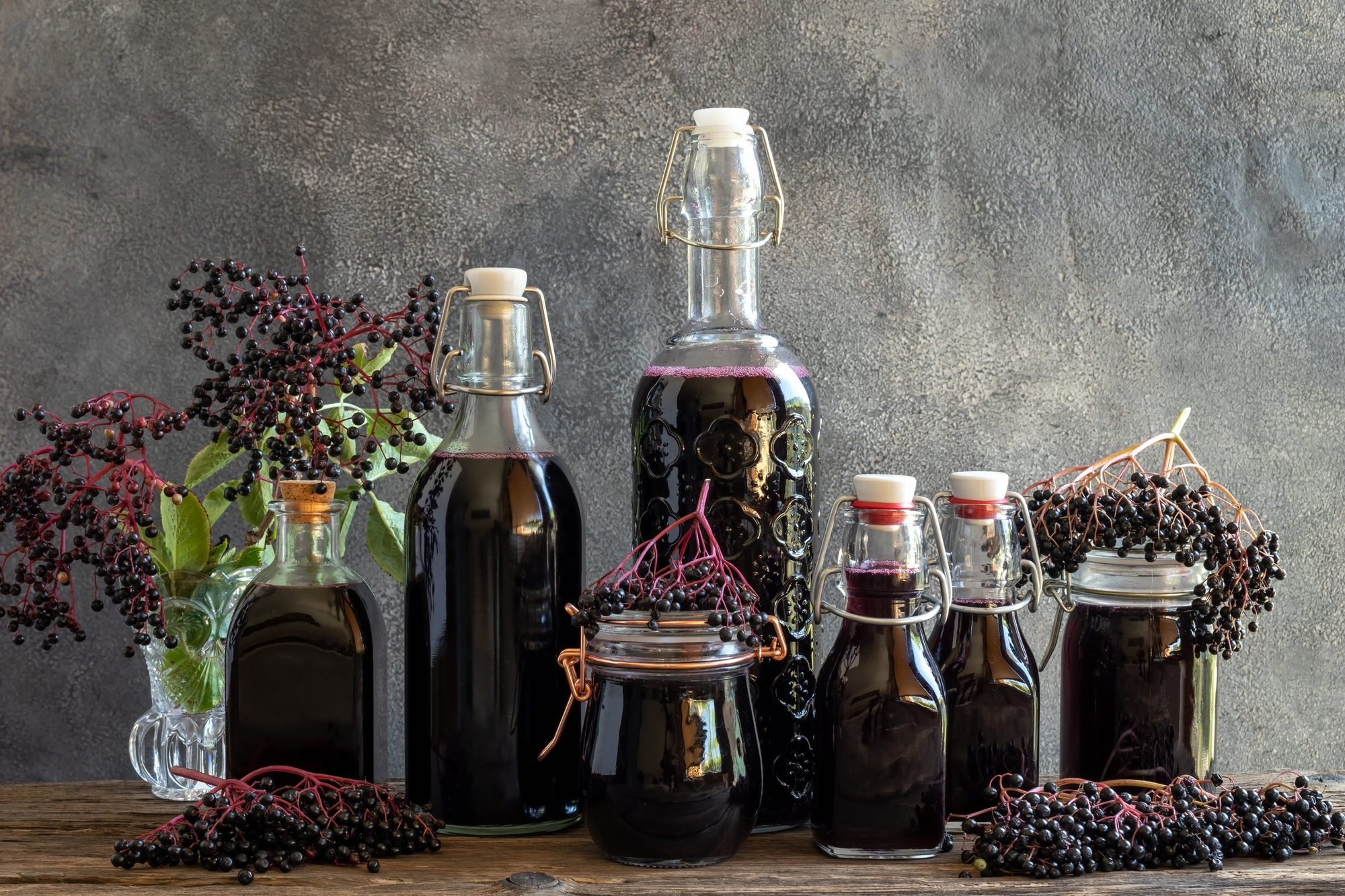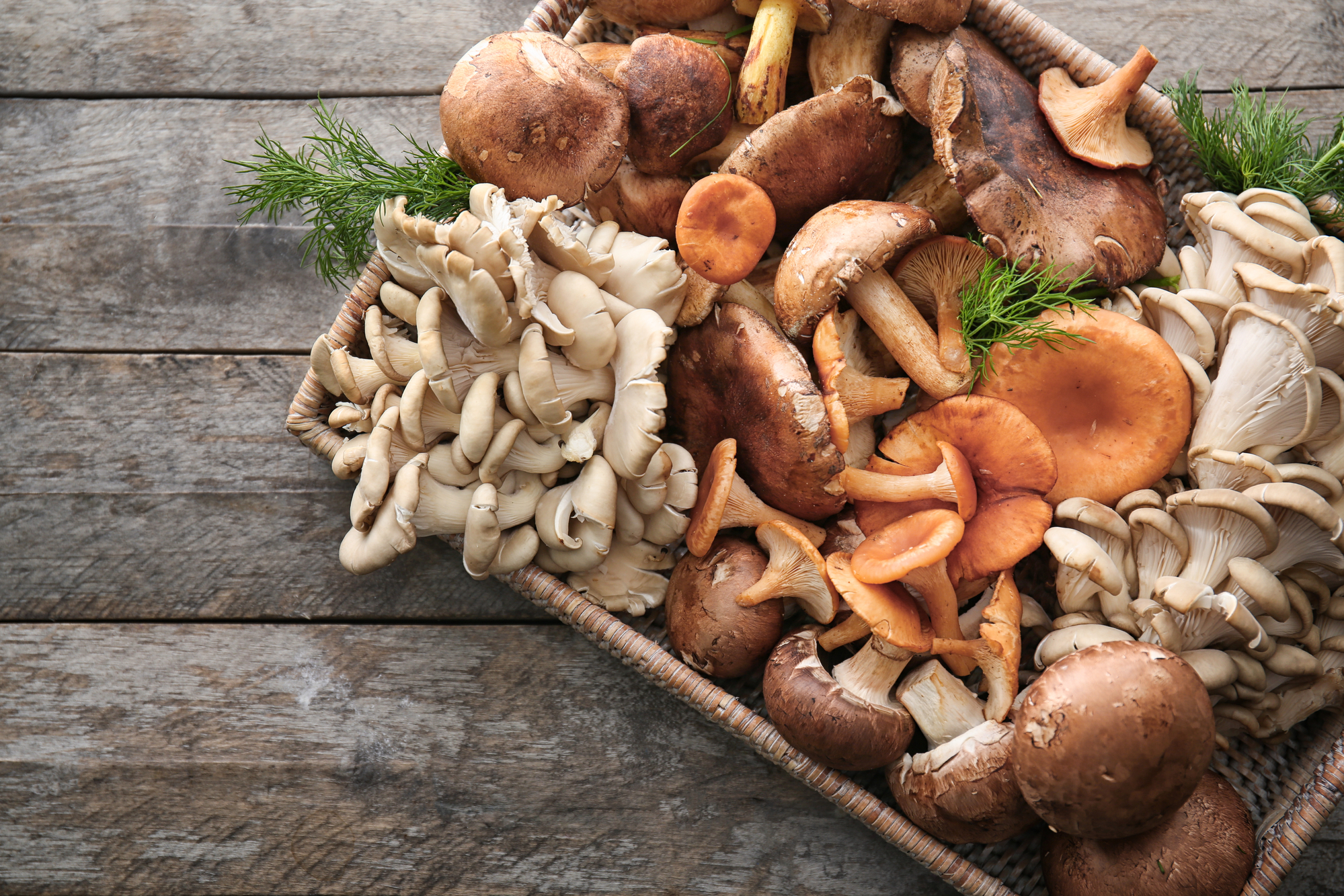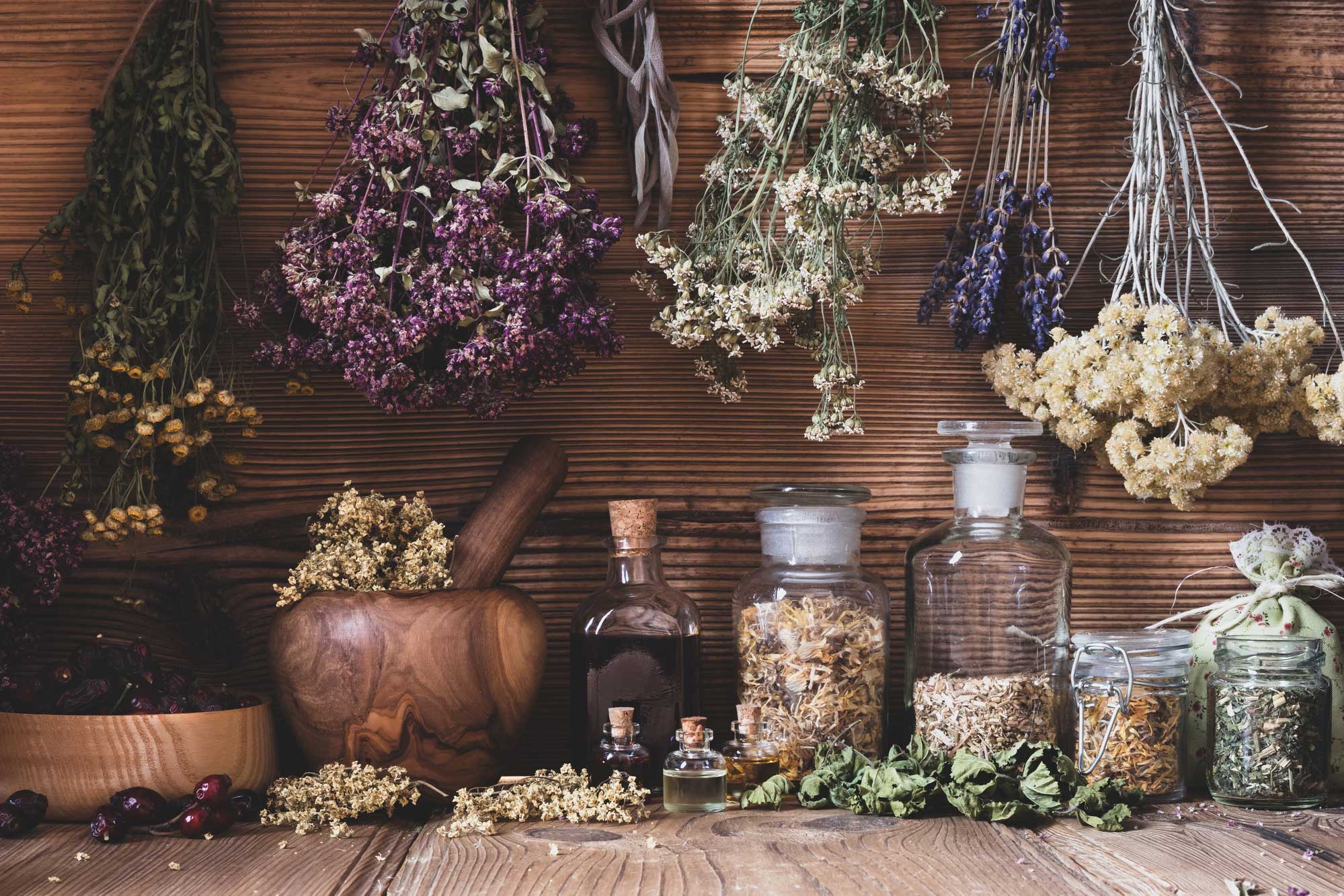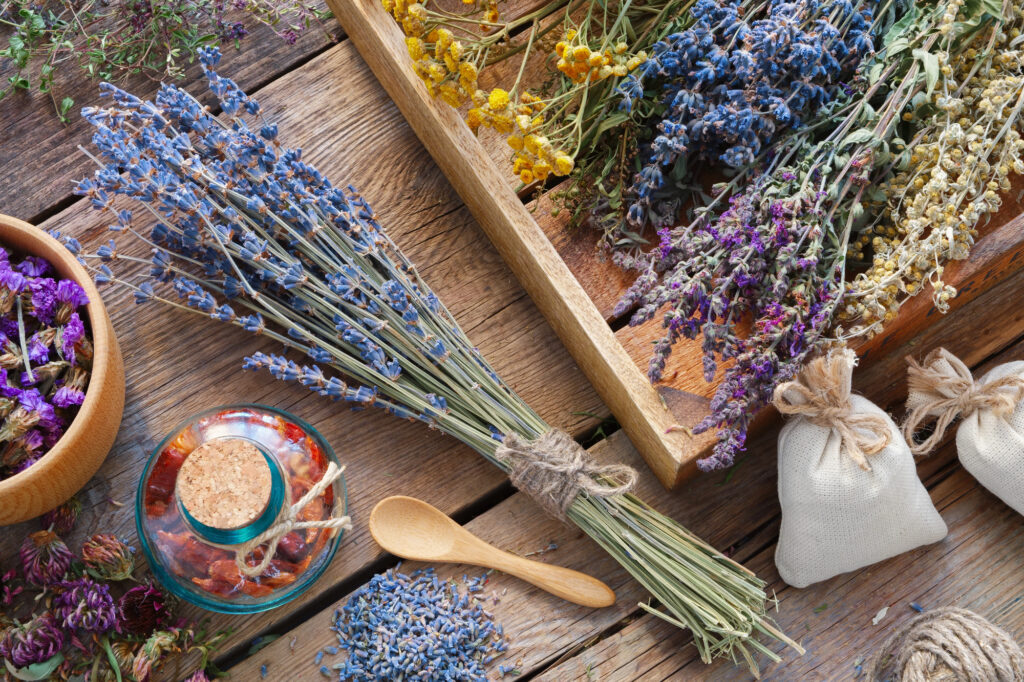Herbalism presents an ancient form of healing that harnesses the inherent properties of plants to promote health and well-being. As a natural, holistic approach, it emphasizes using herbal and plant-based medicines to support the body’s healing processes. The practice stems from a deep understanding of how herbs can positively impact various body systems and offer multiple health benefits. From soothing a sore throat with chamomile tea to reducing inflammation with turmeric, the health benefits and safety of herbal medicine are well-documented and expansive.
When considering the safety of herbal medicine, it’s crucial to approach herbalism with respect and caution. Just as with modern medications, herbs can have side effects and interact with other substances. It’s essential to be well-informed about the correct usage and dosages. Consulting with professional herbalists or healthcare providers ensures you use herbs to contribute to your health rather than compromise it.
Understanding the benefits of herbal medicine involves appreciating how these natural substances interact with your body. Herbs can offer many health benefits: they can strengthen the immune system, improve digestion, and alleviate stress, to name a few. Recognizing that mind, body, and spirit are interconnected, herbalism takes a holistic approach to healing. It considers the complex interactions between different herbal constituents and the human body, aiming to address the root causes of illness rather than merely treating symptoms.
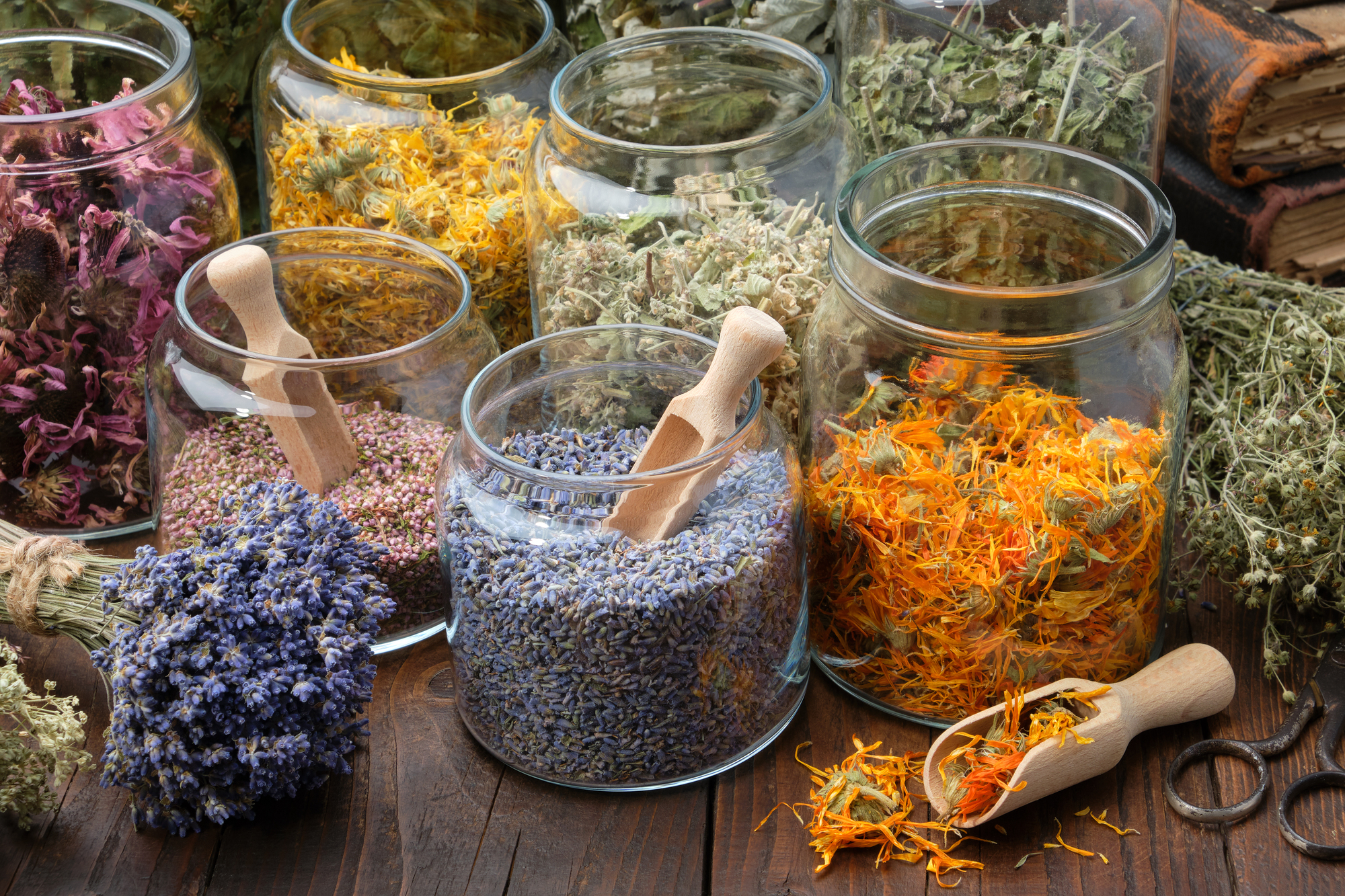
Understanding Herbalism
Herbalism taps into the ancient practices and modern applications of using plants for medicinal purposes. Exploring this topic will reveal the depth of knowledge surrounding herbal remedies and their evolving role in healthcare.
History and Evolution
Herbs have been a cornerstone of medicine since ancient times. Historical records show that both Traditional Chinese Medicine (TCM) and Ayurveda, the medicine system of India, have utilized plants for various therapeutic purposes. Herbal medicine predates conventional medicine, often aligning closely with cultural practices and beliefs.
- Traditional Chinese Medicine (TCM) has a history stretching back thousands of years, featuring herbs in complex formulations.
- Ayurveda: Recognizes the medicinal and healing properties of plants and prescribes them for balancing the elements of the body.
With time, herbalism has influenced and been influenced by other fields of medicine. During its evolution, there has been a blend of folklore, spiritual beliefs, and empirical practices, leading to a body of traditional knowledge often referenced in alternative medicine.
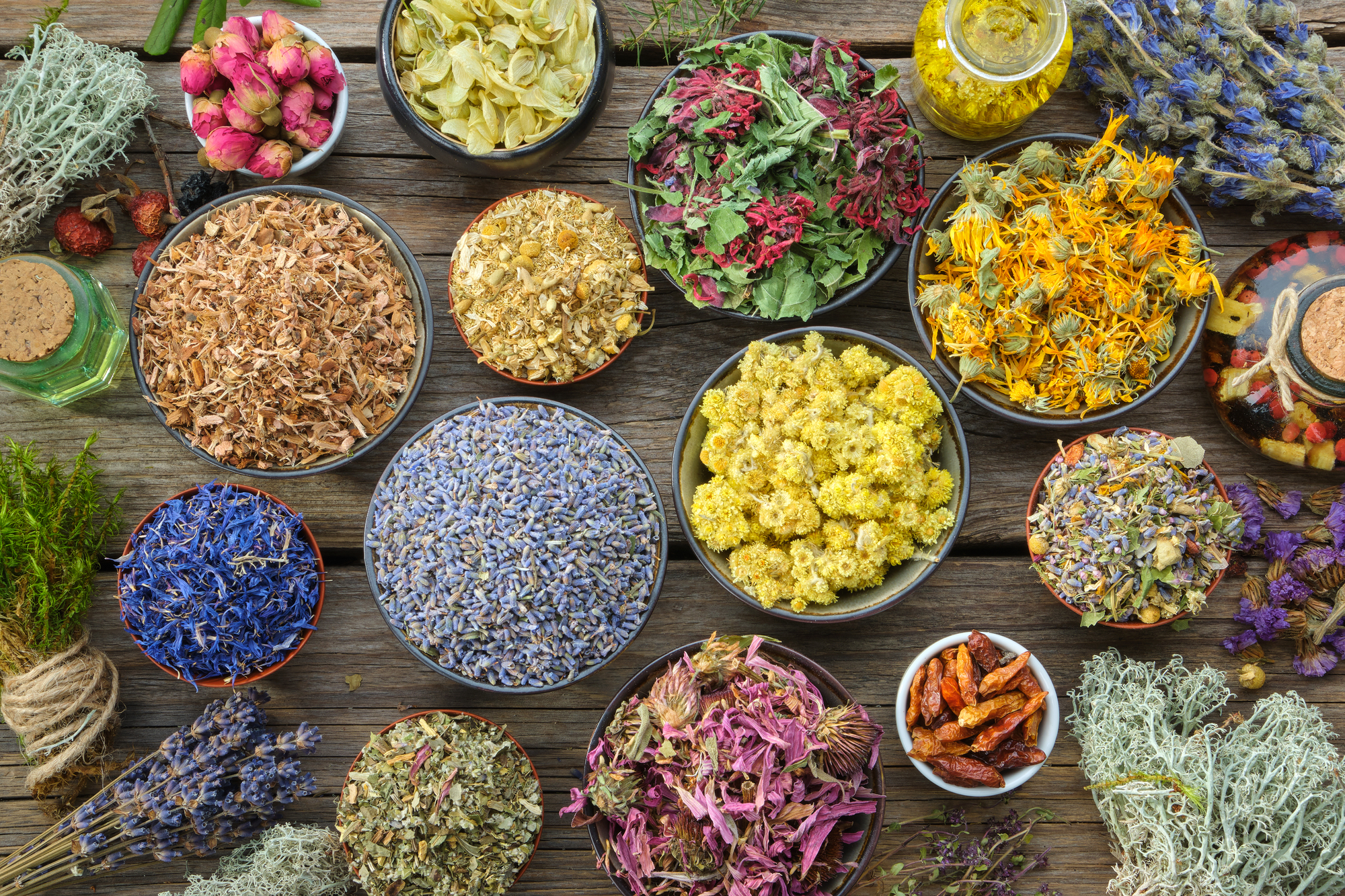
Health Benefits of Herbs
Herbs have been utilized for millennia to prevent and treat many health issues. Your physical, mental, and spiritual well-being can significantly benefit from their diverse properties.
Medicinal Properties
Herbs play a significant role in disease prevention. They contain various compounds that can bolster your immune system and improve your body’s resilience to disease. For example:
- Echinacea: Enhances your immune system to ward off infections.
- Garlic: Exhibits antimicrobial and anti-inflammatory properties.
In terms of treatment, herbs can alleviate various symptoms and aid recovery. They work on multiple levels, affecting your physical health and, often, your mental well-being. Certain herbs are beneficial in the management of:
- Mental well-being: St. John’s Wort can support depression, anxiety, and sleep disorders.
- Physical health: Ginger can help reduce nausea and has anti-inflammatory qualities, which are helpful in digestive health.
Herbs like turmeric and ginseng are excellent for their anti-inflammatory and antioxidant effects, which can complement conventional medicine approaches.
Herbs in Chronic and Acute Conditions
The use of herbs in managing chronic diseases like diabetes and cancer is gaining attention. Here are some specific examples:
- Cancer: Milk thistle and green tea are known for their potential anticancer properties, with research ongoing into their effectiveness.
- Diabetes: Cinnamon has been associated with lowered blood sugar levels, enhancing diabetic management.
In acute conditions, herbs can provide symptomatic relief. Peppermint, for instance, can offer quick relief from headaches or digestive issues.
Your approach to herbs should be informed and cautious, especially when dealing with chronic diseases. It is wise to consult a healthcare professional before starting any herbal regimen and understand the safety of herbal medicine, to ensure it aligns with your overall health strategy and doesn’t interfere with other medications you may be taking.
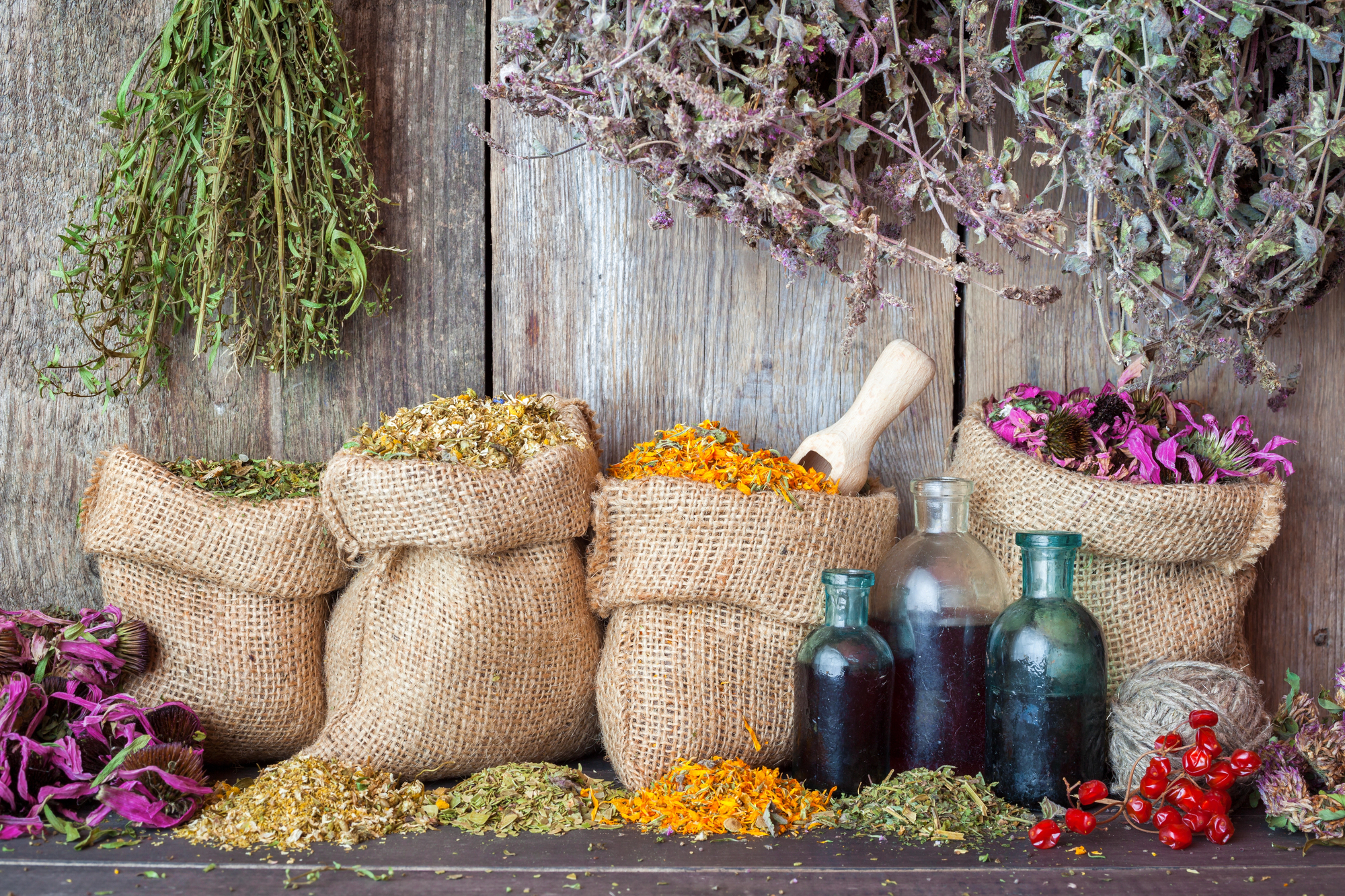
Incorporating Herbalism in Daily Life
Incorporating herbalism into your everyday life can be simple and manageable. Simple practices like drinking herbal teas, using herbal-infused oils, or adding fresh herbs to your meals can seamlessly integrate the benefits of herbs into your routine. These small steps can contribute significantly to a vibrant, happy, and healthy life, using nature’s pharmacy to support your wellness journey. By making herbal practices a part of your daily habits, you nurture a natural alliance with your body, fostering balance and vitality.
Herbs in the Diet
Introducing herbs into your diet is straightforward. Consider these options:
- Culinary Herbs: Incorporate basil, oregano, and thyme into meals for flavor and health benefits.
- Teas: Drink teas like chamomile for relaxation or green tea for antioxidant effects.
- Supplements: Add dietary supplements such as turmeric capsules for additional inflammation support.
Remember to check for interactions between herbal supplements and your current medications.
Herbal Products for Everyday Use
Herbal products can quickly become part of your everyday routine:
- Skin Care: Use lotions or balms containing calendula or lavender for skin health.
- Aromatherapy: Incorporate essential oils like peppermint or eucalyptus to refresh and uplift your mood.
- Tinctures: Employ tinctures—a concentrated herbal extract—for targeted health benefits. A dropper of echinacea tincture might support immune function, for example.
When choosing products, look for reputable brands committed to purity and sustainability.
Consulting Herbal Professionals
Collaborating with professionals ensures safe and personalized herbal practices:
- Herbalist Consultation: An herbalist can tailor herbal recommendations to your health needs.
- Quality Products: Professionals can suggest quality products and reliable sources.
- Workshops and Courses: Consider attending seminars or courses trained herbalists offer to deepen your knowledge and understanding.
Engage with certified professionals to ensure the safe use of herbs in your lifestyle.
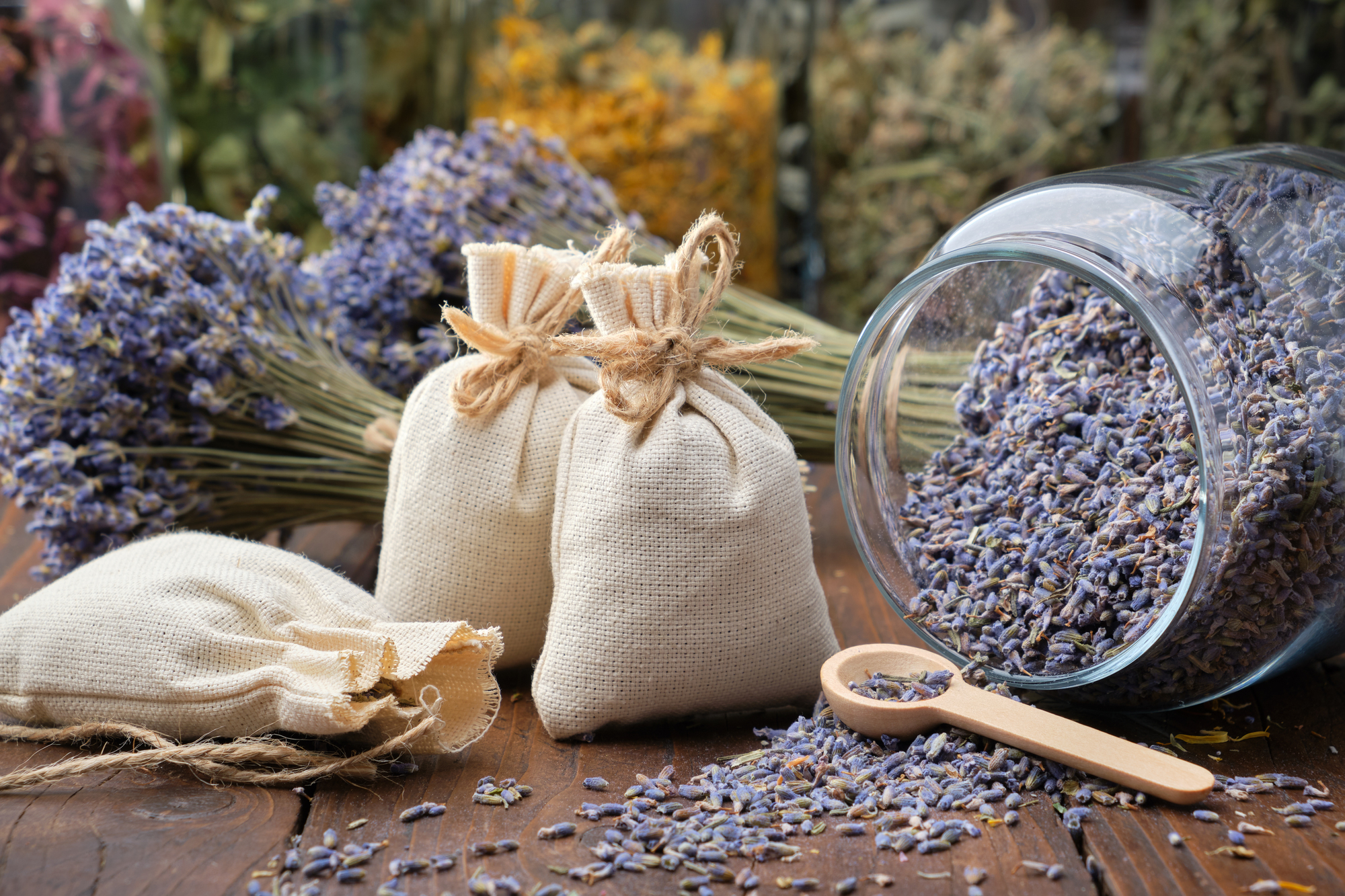
Safety and Regulation in Herbal Medicine
Herbal medicine offers alternative treatments and health benefits. Your safety is paramount, so understanding the regulatory frameworks and potential side effects is essential.
Understanding Side Effects
Herbs are powerful. Like any medication, they can cause side effects and have drug interactions. You should approach herbal supplements cautiously, as they can interact with other medicines you may be taking, amplifying or diminishing their effects. It’s crucial to consult with a healthcare provider before starting any herbal regimen, especially if you’re pregnant, nursing, or managing a chronic illness.
Quality and Standardization
The quality of herbal products can vary. To ensure safety and efficacy, look for standardized products. Standardization means the manufacturer has confirmed that each product contains consistent active ingredients.
The FDA regulates herbal products as dietary supplements, not as drugs. Please note that while manufacturers are responsible for the safety of their products, they don’t require FDA approval before marketing. However, the FDA can take action against unsafe products. Other bodies, like the US Pharmacopeia or the National Center for Complementary and Integrative Health, provide additional resources and oversight. They help you make informed decisions by offering information on herbal medicines’ regulation, efficacy, and safety.
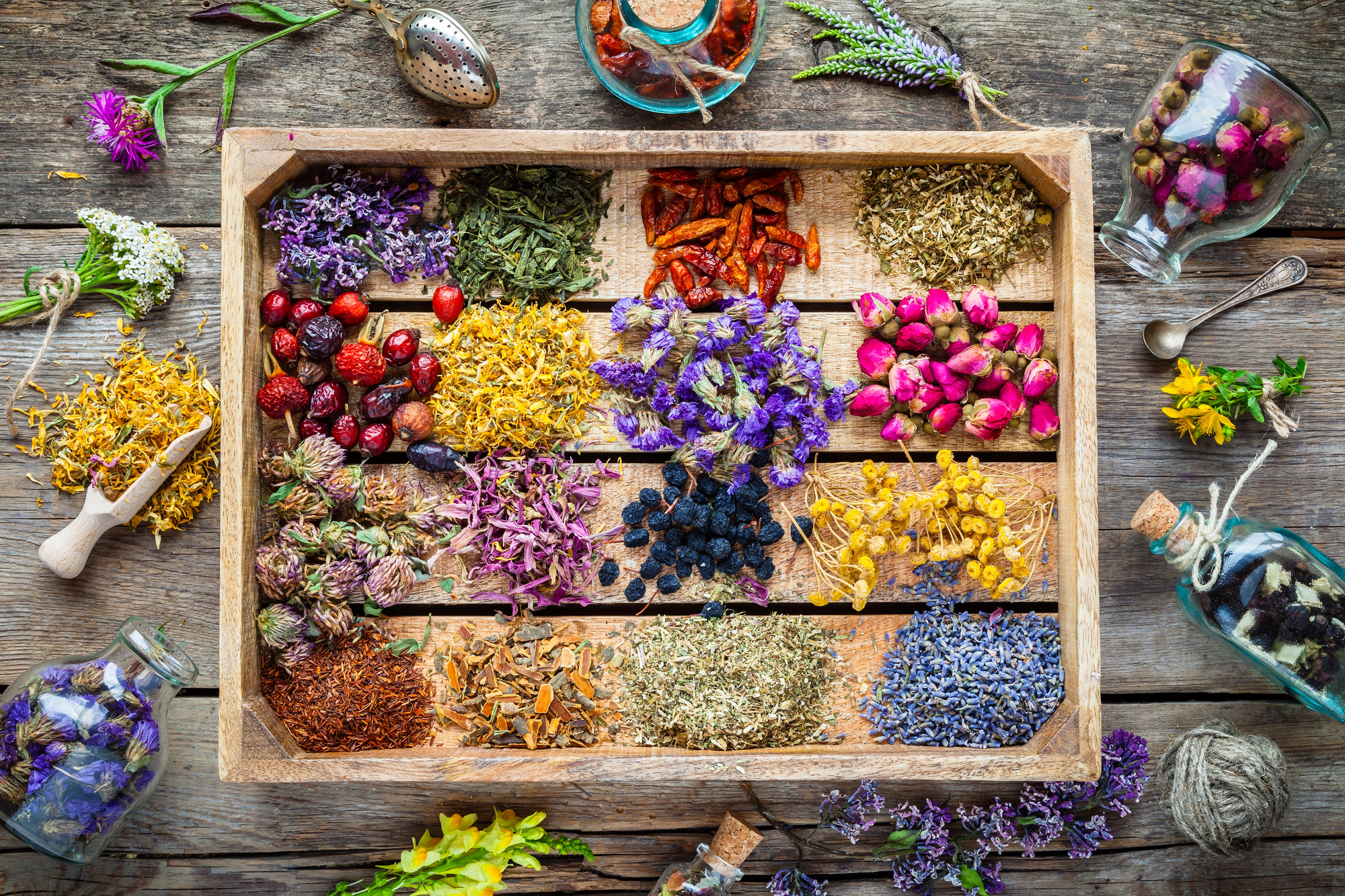
Manufacturing and Preparing Herbal Products
Precision and care are critical to ensuring both the safety of herbal medicine and efficacy in producing and preparing herbal products. Here, we explore the journey from raw plant materials to finished products and the importance of proper dosage and formulation.
From Plant to Product
Manufacturing herbal supplements requires strict quality control to maintain the integrity of the final product. The selection of raw materials is the first step. You want to ensure that the herbs used are of the highest quality, preferably organically grown and harvested at the correct growth stage for maximum potency.
Next, the manufacturing process might involve drying and grinding the plant materials to create powders. Below are examples of herbal powders found in various product types, such as:
- Capsules: Easy to swallow and convenient for controlled dosages.
- Tablets: Often combined with binders to shape the herbal extract into pills.
- Extracts: Concentrated forms of the herbs, available in liquid (tinctures) or solid (resins) forms.
For topical applications, herbal ingredients are incorporated into creams for skin application or crafted into healing salves.
The preparation stage is crucial in protecting the potency of the herbs. Proper storage and handling prevent degradation of the active compounds. Manufacturers may use methods like freeze-drying or cold pressing to preserve the herb’s qualities during processing.
Dosage and Formulation
The formulation of herbal products is complex and requires understanding the herbs’ effects and how they interact. Your intended use will guide the creation of a formula that might include a single herb or a combination for synergistic effects.
Precise dosage is essential. Herbal supplements come with recommended dosages based on the concentration of active ingredients, and adherence to these is necessary for safety and effectiveness.
Herbal medicine practices encompass a range of techniques and disciplines that connect you to the ancient tradition of using plants for healing. Understanding these practices can help you make informed decisions about incorporating herbal remedies into your healthcare regimen.

